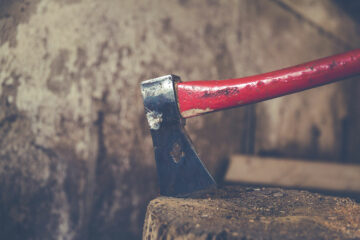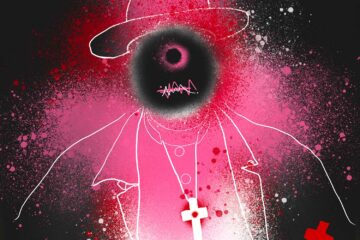Overview: Ber-Henda Williams is an empathic coach and facilitator, a bilingual poet and storyteller, and founder of The Power of Girlhood, a leadership institute for teen girls in Detroit.
In this conversation, in the days following the police shooting of Jacob Black seven times in the back in Kenosha, Wisconsin, we talk about empathy and getting curious about ourselves, systemic biases and anti-racism. We talk about spiritual practices and having courageous conversations, and how to chip away at the callousness and lack of humanity that pervades society right now, and about the need for collective mobilization for something better. This and more in this episode of the Humanitou Podcast.
Also on Apple, Spotify, Pandora, Stitcher, YouTube, Google and other players.
EP 100 SHOW NOTES, LINKS & INTRO TRANSCRIPT*
Connect with Ber-Henda Williams:
Website: ber-hendawilliams.com
Instagram: @berhenda
The Power of Girlhood: thepowerofgirlhood.org
Connect with Adam Williams / Humanitou:
Humanitou on Instagram: @humanitou
Subscribe: Humanitou Newsletter
Photography
Bryana Williams, bmoreyouphotography.com
Intro/Outro Music
“Tupac Lives” by John Bartmann | freemusicarchive.org
*Full transcript coming.
INTRO TRANSCRIPT
Welcome to Humanitou. I’m Adam Williams, creator and host of this podcast series about humanness and creativity.
Today, I’m sharing an especially special conversation. I’m talking with Ber-Henda Williams, an empathic coach and facilitator, a bilingual poet and storyteller, and founder of The Power of Girlhood, a leadership institute for teen girls in Detroit.
Today’s conversation is different. I came to it with the preparation and research I usually do, and I had ideas of how it might organically flow within that framework of preparation and expectation, like I usually do. And then things changed.
I had checked-in with Ber-Henda, and we planned to connect again to record the following week. By the time we talked again, the events of Jacob Blake being shot by police in Kenosha, Wisconsin, had happened.
And that, of course, was only the latest in a long, long history of such interactions and injustices. Even now, as I say these words, we’re already aware that the shooting of Jacob Blake isn’t even the most recent.
So we set aside the conversation we’d thought we’d have, the one that would get into Ber-Henda’s personal story as a mentor and poet and founder, and so on. Instead, we had the free-flowing, trusting, heartfelt conversation that we needed to have. That many of us need to have.
Ber-Henda and I, two strangers with very different lived experiences, came together to listen, to be heard, and to share in our common humanity. We move through this time together thoughtfully, and without rushing.
In this conversation, we talk about empathy and compassion for others’ stories of experience. We talk about systemic racism, abuses of power, cultural changes, and collective behavioral changes that need to take place.
We talk about spiritual practices, including anti-racism, and how we can have courageous conversations, first within ourselves and then with others, so that we can start to chip away at the callousness, the lack of humanity that feels so dominant, destructive and painful.
We touch on white privilege. Or I should say, I do. And I attempt to express that as a means of understanding why some struggle to see or acknowledge that privilege in their own lives.
We, the grand collective of we, need to heal. Can that happen, if we do not begin to have conversations such as this one between me and Ber-Henda? Can that happen, if we do not start to look inside ourselves and ask honest, difficult questions?
In this conversation, Ber-Henda shares some takeaways for how we all can work together in this process. To work through these extra-challenging times. For how we can reaffirm, or create, those connections with the humanity we all carry.
So, in this conversation that neither of us had planned to have, we followed our hearts and had the conversation that we needed to have.
Along the way, I’m sure I didn’t say everything just right. And if you are willing to engage in this type of conversation with someone in your life, you might not either. And that’s OK. We need to be willing to risk being wrong in order to open and create these possibilities for healing and growth together.
Like Brene Brown, someone Ber-Henda and I both respect and appreciate, says, “We’re not here to be right. We’re here to get it right.”
Here’s my conversation with the amazing light and leader that is Ber-Henda Willams.
…
Listen on Apple, Spotify, Pandora, Stitcher, YouTube, Google or another podcast player.


